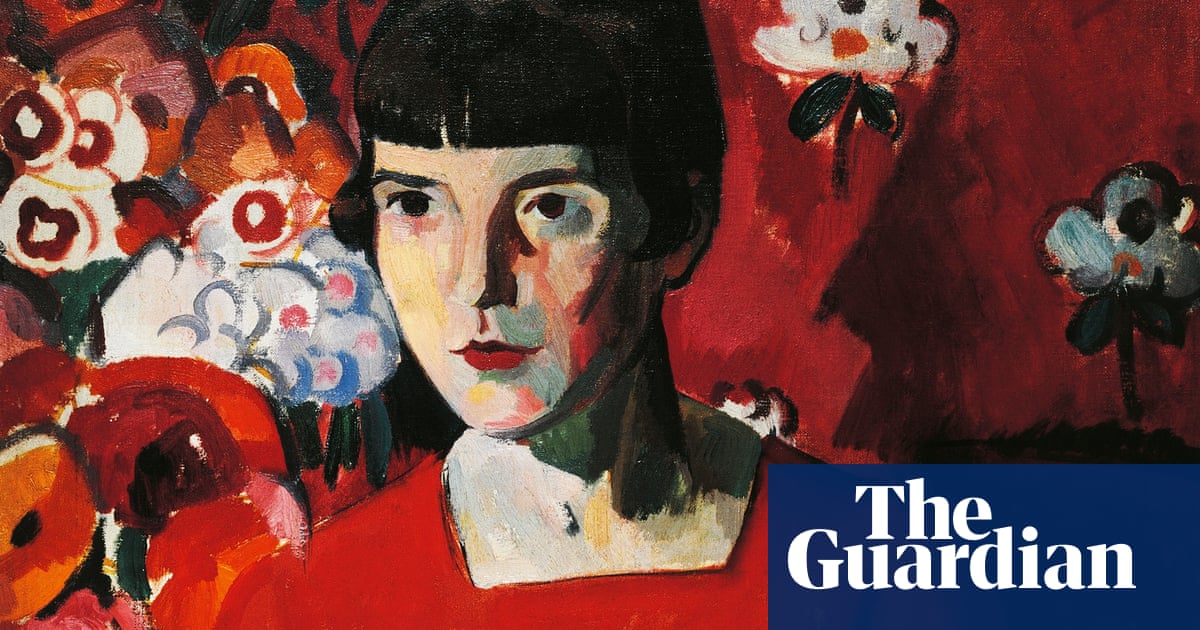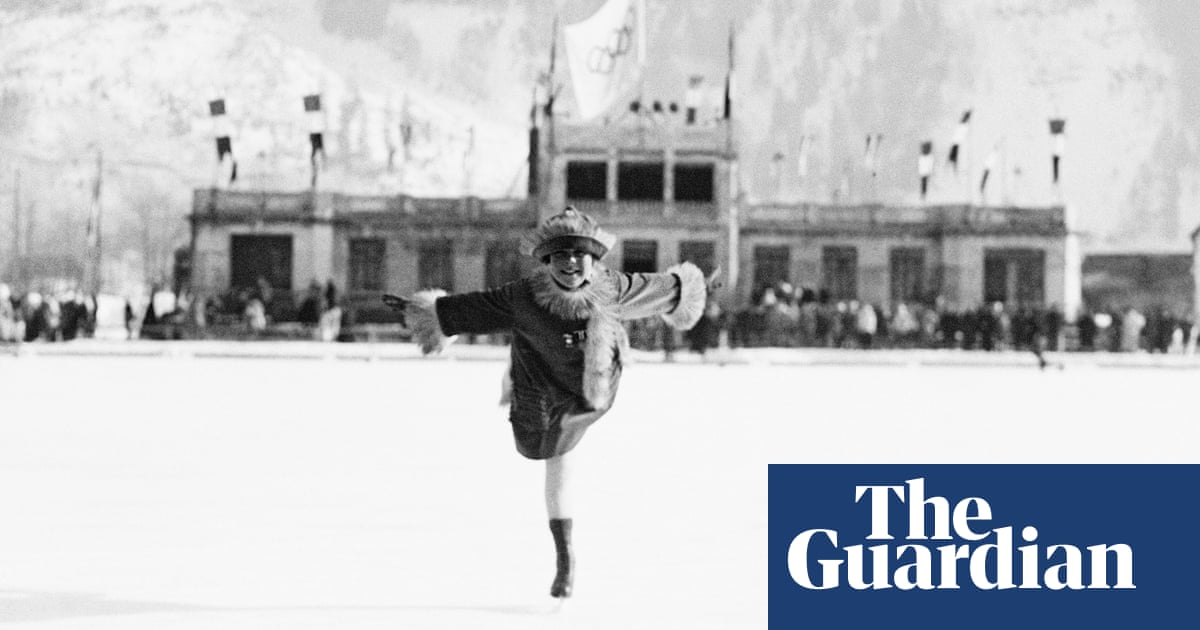
How and why did Katherine Mansfield provoke such violent extremes of admiration and hostility, both during her life and after it? Fifty years after her death, the BBC television series A Picture of Katherine Mansfield gave a fair example of her reputation in 1973. Tall, intense Vanessa Redgrave played Mansfield; short, baffled Annette Crosbie her devoted dogsbody friend Ida Baker (known as LM), with Jeremy Brett as Mansfield’s husband John Middleton Murry taking off his glasses whenever he had to express emotional inadequacy – which was frequently. In an accompanying Radio Times interview, the 85-year-old LM, literal-minded to the end, said the series hadn’t seemed realistic to her as Katherine had been shorter than her; she had been the tall one. (One of Mansfield’s less than kind nicknames for LM had been The Mountain.) The biopic broadly followed Murry’s drive to establish his late wife as a sort of secular saint and her final wish to make something visionary of her death, which enraged those who had known her and perplexed new readers who had found her work funny and beautiful before coming into contact with the myth.
A flock of biographies followed, the finest two presenting startlingly different portraits of Mansfield. New Zealander Antony Alpers’s epic 1980 life was sympathetic to the point of avuncular. The reader cannot but flinch at his account of the passionate gifted girl launching herself thousands of miles from home on a handful of Oscar Wilde’s least helpful aphorisms. In an early notebook she had copied out “Push everything as far as it can go”, and “The only way to get rid of temptation is to yield to it” and so on (with her own, too, written in imitation: “Never relight a dead cigarette or an old passion”).
After this, Claire Tomalin’s Katherine Mansfield: A Secret Life (1987) was a shock. In her foreword she wrote: “Hers was a painful life, and it has been a painful task to write about it”, and commended Mansfield’s “recklessness and scrupulousness”. In the biography itself she judged her to be, among other things, “a liar all her life – there is no getting round this”. Earlier, Brigid Brophy had described Mansfield’s “cannibal imagination” as being governed by “a furious impulse of aggression”, even suggesting anger “was probably one of the precipitators of her illness”. Reacting to similar judgments, Philip Larkin wrote: “All this stuff about hate & rancour makes me wonder if they’ve got hold of the same book as I. Haven’t they ever been cross? Haven’t they ever let off steam?” He suggested any rage stemmed from having contracted tuberculosis and married a man who “played up to all her all-for-love two-children-holding-hands line of talk but was quite content to live apart from her & indeed found actual cohabitation with her a bit of a strain”. How then to account for these violently clashing opinions?
One explanation might lie in Mansfield’s keen sense of the absurd and the striking lack of anything deferential in her attitude – whether towards men or anyone powerful or rich or influential. The “ripple of laughter” (a favourite phrase of Mansfield’s) at play throughout her writing could cause offence (particularly coming from a young, upstart, female New Zealander). A sense of humour for a woman is a double-edged sword. When one of her finest tragicomic stories, The Daughters of the Late Colonel, was published, the reviewers found it “cruel”; in a 1921 letter Mansfield commented: “It’s almost terrifying to be so misunderstood.”
Almost. Even her enemies commented on her courage. Mansfield’s relationship with the English literary world and the Bloomsbury group in particular had been conflicted, to put it mildly. She was an outsider, treated as “the little Colonial walking in the London garden patch – allowed to look, perhaps, but not to linger,” as she wrote in her journal in 1919. Her accent was mocked by, among others, Rupert Brooke. Virginia Woolf infamously described her as smelling like a “civet cat that had taken to street walking”; Dora Carrington judged her “very much a female of the underworld, with the language of a fishwife in Wapping”, and Lytton Strachey as “that foul-mouthed, virulent, brazen-faced broomstick of a creature”. At this distance the venom strikes one as verging on the insane, but after all she had been fearless in taking them on, mocking and witty and able to make rooms rock with laughter. “I don’t think anyone has ever made me laugh more than she did in those days,” wrote Leonard Woolf in his autobiography. “There was not the shadow of a gleam of a smile on her mask-like face, the extraordinary funniness of the story was increased by the flashes of astringent wit.”
Her story Bliss is perhaps instructive here. It can be read relatively straight (poor deluded Bertha with her cheating husband); or, as a sharply observed satirical portrait of the whole privileged crew, Bertha included, with their consciously bohemian sensibilities and their crassly entitled blindness to the inequalities of class. In it, Mansfield is describing the London metropolitan elite of her time, Bertha’s “modern, thrilling friends, writers and painters and poets or people keen on social questions – just the friends they wanted”. Writer Eddie Warren arrives at the dinner party after “a dreadful experience with a taxi-man; he was most sinister. I couldn’t get him to stop. The more I knocked and called the faster he went. And in the moonlight this bizarre figure with the flattened head crouching over the lit-le wheel …” One does not need to have had personal acquaintanceship with the Blooms Berries (as Mansfield called them) to sense that some pretty sharp caricatures are being drawn. No wonder Woolf threw Bliss to the floor on reading it. Mansfield was clearly a force to be reckoned with.
Woolf and Mansfield maintained an uneasy friendship for the six years they knew each other. “We have got the same job, Virginia,” Katherine wrote to the older woman, “& it is really very curious & thrilling that we should both, quite apart from each other, be after so very nearly the same thing. We are you know; there’s no denying it.” Woolf wrote: “I was jealous of her writing – the only writing I have ever been jealous of.” Mansfield died at the age of 34; Woolf was 40 at that point and had only just published Jacob’s Room, the first of her novels to break free from tradition.
Mansfield had admired Woolf’s seriousness about writing but she had certainly not been in awe of her: she “is not of her subject – she hovers over, dips, skims, makes exquisite flights – sees the lovely reflections in the water that a bird must see – but not humanly”. If anything, as a writer Mansfield had more in common with DH Lawrence – the recklessness, the multisensoreal immediacy, the reverence for what she called the “warm sensational life”. Theirs was a stormy friendship; Mansfield was not in awe of him either. “Whatever your disagreement is about he says it is because you have gone wrong in your sex and belong to an obscene spirit,” she wrote, and when she and Murry rented beside the Lawrences in Cornwall she suggested he call his cottage The Phallus. Despite Lawrence’s intermittent unbearableness (“You revolt me stewing in your consumption,” he wrote to her from Capri; ironic as it is now thought probable that it was Lawrence himself who had given Mansfield tuberculosis), she wrote of his novel Aaron’s Rod: “I do not go all the way with Lawrence. His ideas of sex mean nothing to me. But I feel nearer L than anyone else.”
In the various lonely hotel rooms on the Continent where she stayed in pursuit of a good climate for her lungs during her last years, Mansfield would lie awake in the night and call on Chekhov, her fellow tubercular and tutelary deity, not that long dead himself in 1904 at the age of 44. She loved and revered his work, and is indeed credited with importing his so-called plotlessness to the short story form in English. In her journal in 1918 she wrote: “Ach, Tchehov! Why are you dead? Why can’t I talk to you, in a big darkish room, at late evening – where the light is green from the waving trees outside. I’d like to write a series of Heavens: that would be one.”
Mansfield was brave and adventurous, a New Woman and a dedicated artist, and she paid dearly and from very early on for the freedoms she had claimed. An outsider everywhere, she had the rare gift of nearness. The facts of her life were ultimately harsh, even tragic, but her talent was a comic one and her prose is lit up by her alertness to beauty and – most difficult of all to analyse, this – her unmistakable delight in being alive and putting life on the page as near as she could get it. “The amount of minute and delicate joy I get out of watching people and things … is simply enormous,” she wrote in her journal; “the detail of life, the life of life.”
Helen Simpson’s most recent short story collection is Cockfosters. This is an edited extract from her foreword to Wild Places: Selected Stories by Katherine Mansfield (Vintage). To support the Guardian and Observer, order your copy at guardianbookshop.com. 20p from every Guardian Bookshop order will support the Guardian and Observer’s charity appeal 2022. Delivery charges may apply.












